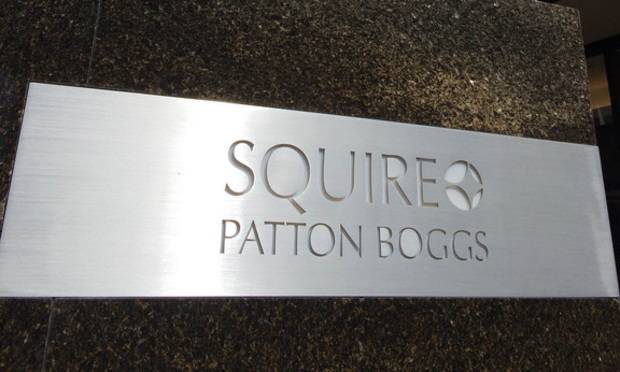Billion$$$$$$ (in Sales Tax)No, it's not the Showtime network drama. It's the pot of gold that a number of states say they see at the end of a Supreme Court case if the justices rule their way in South Dakota v. Wayfair.
Rarely does a tax case in the high court generate as much interest and news coverage as this one has. But the amount of money for cash-starved state budgets-- $33.9 billion in 2018 by
one estimate—and the implications for online retailers and consumers in today's e-commerce world have captured a wide range of interests, as evidenced in the 40 amicus briefs filed for and against South Dakota.
Here's a quick look at the case being argued this morning:
➞➔
What's the issue? South Dakota, in its
designed-for-the-Supreme Courtchallenge, urges the justices to renounce their 1992 decision, Quill v. North Dakota. That decision reaffirmed a 1967 ruling that barred states from requiring online or remote retailers to collect sales and use taxes unless those retailers had a physical presence in the state.
➞➔
Why now? Blame
Justice Anthony Kennedy and the growth of the digital age. In a 2015 concurring opinion in Direct Marketing Assn. v. Brohl, Kennedy
urged the court to reconsider Quill and encouraged the "legal system" to find a vehicle for doing so.
➞➔ "Times have changed": State Attorney General
Marty Jackley will argue that the physical presence test was wrong under the dormant commerce clause in 1992 and more wrong today. The reason: "because, in the digital age where ubiquitous e-commerce is projected into our homes and smartphones over the internet, traditional 'physical' presence is an increasingly poor proxy for a company’s 'nexus' with any given market or State."
➞➔
"A barricade across the Internet superhighway": Representing Wayfair, Overstock.Com and Newegg,
George Isaacson of
Brann & Isaacson in Lewiston, Maine,
emphasizes a recent report by the General Accountability Office which found that overruling Quill would prove particularly burdensome for smaller and medium-sized retailers that lack internal systems for multi-state tax compliance. It also would expose thousands of businesses to "crippling retroactive liability for uncollected taxes."
➞➔
The U.S. solicitor general's solution: Deputy Solicitor General
Malcolm Stewart shares argument time with South Dakota and offers a similar argument but
with a twist. The government argues that Quill doesn't have to be overruled; it just shouldn't apply to Internet commerce. Restrict the physical presence test to the catalog business.
There are conflicting amicus briefs by members of Congress. House Judiciary Chairman Robert Goodlatte, R-Va., and 13 House and Senate Democratic and Republican members argue that the issue should be
left to Congress which has constitutional responsibility for regulating interstate commerce.
Goodlatte, in a brief written by
David Salmons of
Morgan, Lewis & Bockius, skewers the solicitor general's argument that the physical presence test should be restricted to catalog sales and calls it an "upside-down approach to the Constitution."
But two Democratic and two Republican senators, represented by
Alan Morrison of George Washington University Law School, argue that
Congress will act if Quill is overruled—as it should be—and states impose excessive burdens on remote retailers who have to collect sales taxes.
Three amicus briefs filed on behalf of neither party raise important questions with regard to sales tax collection by remoter providers of services,
including legal services (brief by
David Fruchtman of New York's Rimon); consideration of the import-export clause on
international Internet sales (Prof. John Baker Jr. of Louisiana State University School of Law), and
concerns for tribal authority to impose sales taxes and Indian immunity from state sales taxes (
Sam Hirsch of
Jenner & Block).


















Comments
Post a Comment